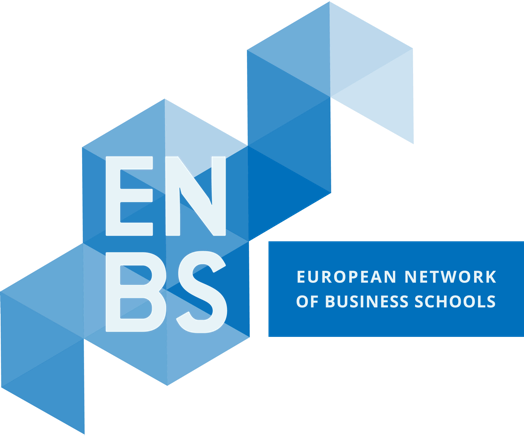About University of Bamberg
The University of Bamberg is both old and young. Its current structure and facilities create the appearance of a newly founded institution, but it also remains committed to the traditions of its long history.
Since the 17th century, the historic Academia Ottoniana and presentday University of Bamberg has seen itself explicitly as a “House of Wisdom.” It was founded in 1647 by Prince Bishop Melchior Otto Voit von Salzburg as a centre of contemporary humanistic education.
Answering Ancient Questions Using Modern Methods The “domus sapientiae” of past centuries is now home to programmes offered by the university’s four academic faculties: Humanities; Social Sciences, Economics and Business Administration; Human Sciences; and Information Systems and Applied Computer Science. The academic disciplines are closely linked to the focal areas of our overall profile:
- Education & Life Planning
- The Individual & Society
- Languages & Cultures
- Business & Markets
Academic learning is a method-driven process. The methods employed in our applied computer sciences, for instance, range from digital editions of medieval texts and cognitive modelling used in psychology to reconstructive 3D imaging for building and architectural research. The excellent support and mentoring of our young academics throughout the course of their studies and research careers is central to our philosophy. The Trimberg Research Academy (TRAc) and the Scientifi c Career Service provide these young scholars with structured academic support. From among our doctoral programmes (German Research Foundation research training groups, graduate schools), the Bamberg Graduate School of Social Sciences (BAGSS) is sponsored by the German Excellence Initiative. The excellence of our research programmes is substantiated not least of all by the volume of third-party funding which in the last ten years has grown from 2.37 million euros (2000) to 29.6 million euros (2012). We owe this increase primarily to the most renowned of Bamberg’s research projects: the National Education Panel Study (NEPS). The project, founded on an interdisciplinary network of researchers employing cutting-edge methods, examines one of academia‘s oldest research topics: educational processes and competence development in Germany.

